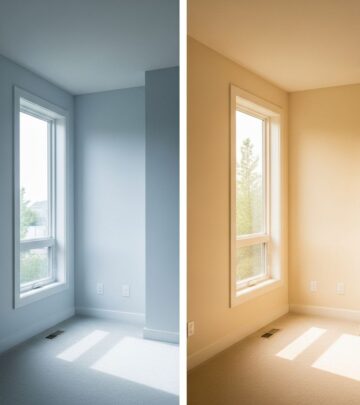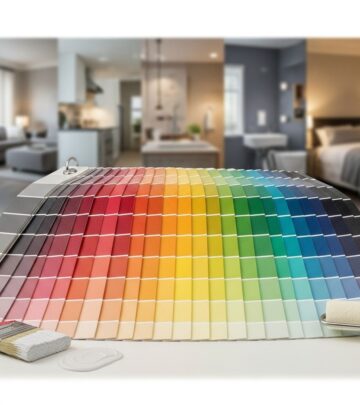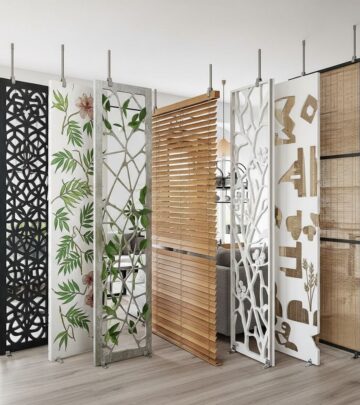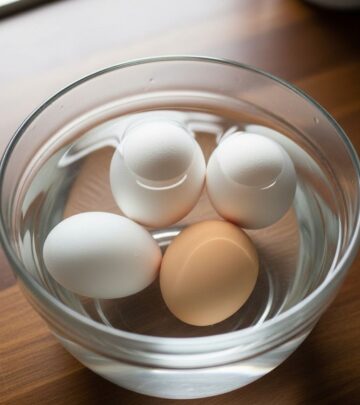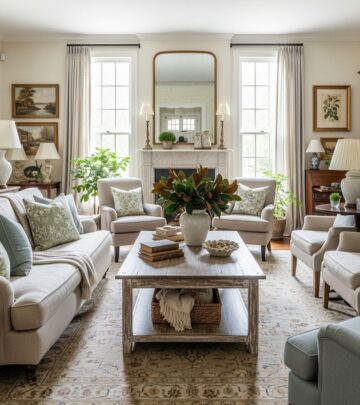Hardwood Floor Installation Costs: Full Breakdown for Homeowners
Expert insights break down expenses and highlight budget-saving strategies.
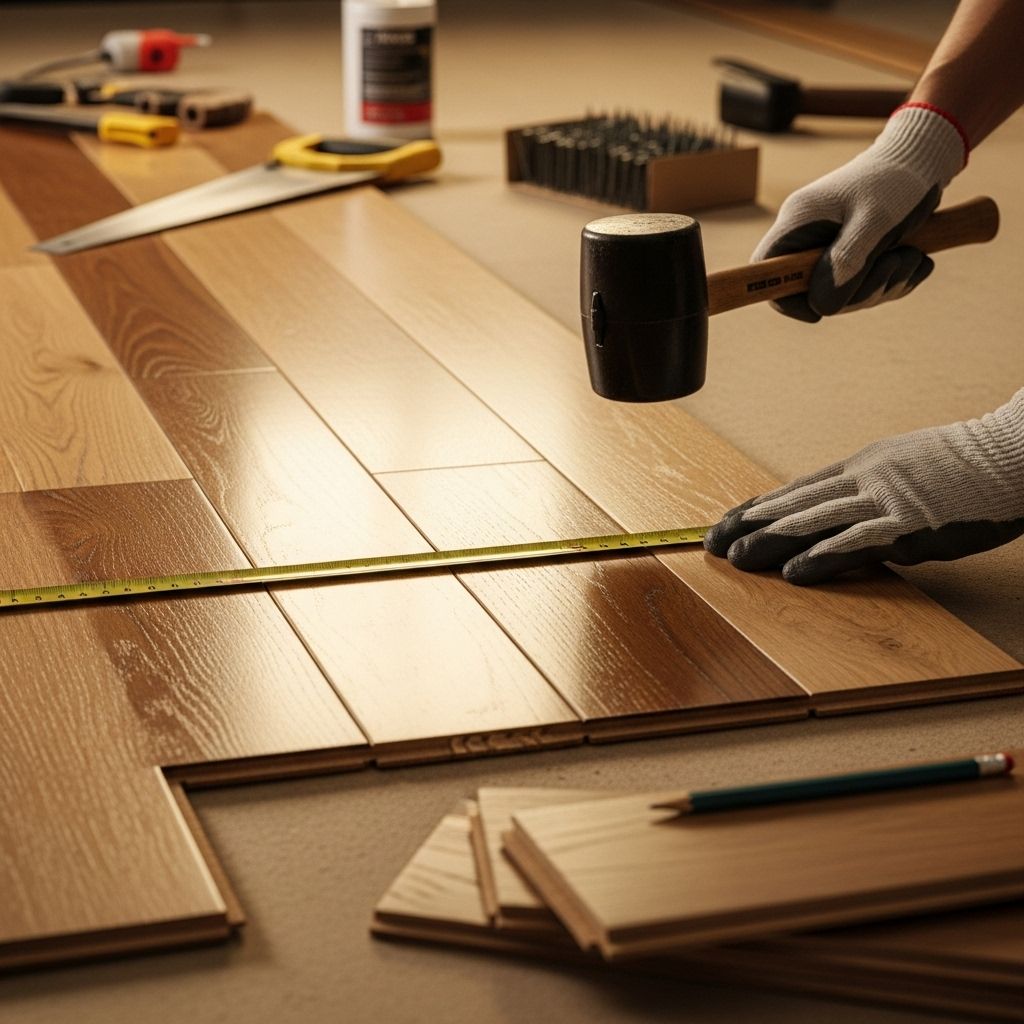
How Much Does Hardwood Floor Installation Cost?
Hardwood flooring remains a coveted feature in countless homes for its elegance, durability, and timeless appeal. However, understanding the cost of installing hardwood floors is crucial before embarking on your renovation project. Whether you’re planning for a single room or your entire house, knowing the typical expenses, cost drivers, and ways to maximize your investment will help you make informed decisions. This comprehensive guide covers everything from average prices to cost factors, alternatives, and FAQs regarding hardwood floor installation costs.
Average Cost to Install Hardwood Floors
The cost to install hardwood flooring varies considerably based on job scope, location, and selected materials. For most homes, the national average cost to install hardwood floors ranges from $2,620 to $6,450 for a 500-square-foot space. This averages out to approximately $5.25 to $13 per square foot, including materials and labor.
| Floor Size | Total Materials Cost | Total Installed Cost (Est.) | Notes |
|---|---|---|---|
| 150 sq. ft. | $900 – $1,800 | $1,200 – $2,400 | Small room (bedroom or office) |
| 500 sq. ft. | $3,000 – $6,000 | $2,620 – $6,450 | Medium-sized living area |
| 2,000 sq. ft. | $12,000 – $24,000 | $15,000 – $26,000+ | Whole-home installation |
It’s important to note that these costs can vary depending on multiple factors addressed below, such as wood species, installation complexity, and your location.
Key Factors Affecting Hardwood Flooring Costs
- Material Type: Domestic woods like oak or maple start at around $5 per square foot, while exotic imports can cost upwards of $12 per square foot. The finish, texture, and grade of wood also influence final costs.
- Room Size and Layout: Large open rooms are usually cheaper per square foot than small or irregular spaces with lots of corners and obstacles. More cuts and transitions increase labor.
- Labor Rates: Labor typically forms a significant part of your total installation bill. Rates can be higher in urban areas or regions with higher living costs and may reflect installer expertise and project complexity.
- Subfloor Condition: Existing floors may need removal, or subfloors may require repairs or leveling. Costs for these preparations add up quickly, especially if unexpected damage is discovered.
- Finishing and Treatments: Special finishes (such as hand-scraped or wire-brushed) and treatments (smoking, fuming) command higher prices.
- Additional Supplies: Underlayment, adhesives, trim, and transition strips may or may not be included in the quoted price. Ask for a detailed breakdown from your contractor.
Breakdown of Installation Costs
- Materials: The majority of your budget goes to the wood itself. Domestic hardwoods such as oak, maple, and hickory are affordable, while mahogany and Brazilian cherry can cost much more.
- Labor: Expect installation costs to vary widely. Intricate patterns (like herringbone), stairs, and unique layouts may demand higher fees.
- Supplies and Equipment: Fasteners, adhesives, moisture barriers, and any required underlays influence the bottom line.
- Cleanup: Removing old flooring or disposing of materials (especially hazardous materials like asbestos or lead) is usually billed per square foot and as a separate charge.
Cost by Hardwood Species and Finish
| Wood Species | Average Price per Sq. Ft. (Material Only) |
|---|---|
| Oak (Red/White) | $5 – $10 |
| Maple | $6 – $12 |
| Hickory | $7 – $13 |
| Brazilian Cherry | $8 – $16 |
| Walnut | $8 – $15 |
| Bamboo (technically a grass) | $5 – $10 |
Remember that rare or imported species will command a premium. Surface and factory-applied finishes, including matte, satin, or glossy, may carry additional costs as well.
Installation: Professional vs. DIY
While tempting to save on labor through a DIY hardwood floor installation, professional services offer several advantages. Experienced installers handle preparation, subfloor issues, moisture barriers, and precise fitting to avoid costly mistakes. However, for those with the right tools and skills, DIY can save on installation fees—just factor in tool rental or purchase, material waste, and extra time.
Other Cost Considerations and Hidden Fees
- Old Flooring Removal: Removing carpet, tile, or vinyl costs extra, typically $1–$4 per square foot depending on difficulty.
- Disposal Fees: Be prepared to pay for the responsible disposal of old flooring and underlayment—especially if hazardous materials are present.
- Furniture Moving: Some contractors charge extra to move furniture out, especially large or heavy pieces.
- Subfloor Preparation: Repairs, leveling, or installing a new subfloor can add hundreds or thousands to your budget.
- Stairs: Installing hardwood on stairs is often quoted separately as it requires more labor and precision.
Ways to Save on Hardwood Floor Installation
- Choose Domestic Woods: Popular options like oak or maple provide beauty and quality at lower prices compared to exotically sourced species.
- Consider Prefinished Planks: Factory-finished boards reduce on-site labor and mess, often coming with durable coatings.
- Shop Sales and Overruns: Many flooring retailers offer discounts on overstocked or discontinued products.
- Limit Waste: Carefully measure and plan your layout with your installer to minimize off-cuts and leftover materials.
- Hire Experienced Installers: While professionals may charge a higher hourly rate, their efficiency and ability to avoid costly errors often save money in the long run.
Popular Alternatives: Engineered vs. Solid Hardwood
Engineered hardwood offers the look and some of the longevity of solid wood but is better suited for installation over concrete or in basements. The cost per square foot is often similar to solid wood, though engineered floors can reduce installation complexity and may hold up better under varied humidity conditions.
Refinishing vs. Replacing Hardwood Floors
Refinishing existing hardwood typically costs several dollars less per square foot than full replacement—generally ranging from $3 to $8 per square foot. Refinishing is ideal if your floors are worn but structurally sound; replacement is recommended for warped or significantly damaged boards. Keep in mind that refinishing can only be repeated a limited number of times, especially on engineered hardwood, due to the thinner wear layer.
Frequently Asked Questions About Hardwood Flooring Costs
What is the national average to install hardwood flooring?
On average, expect to pay between $2,620 and $6,450 for 500 square feet of hardwood flooring, or roughly $5.25 to $13 per square foot, including materials and professional labor.
How much does it cost to install hardwood in a standard room?
In a 150–200 square foot space, such as a bedroom, the total cost for installation and materials generally ranges from $1,200 to $2,400 depending on selected products and local labor rates.
Is it cheaper to refinish or replace hardwood floors?
Refinishing is generally less expensive, usually $3 to $8 per square foot, provided the floor is not warped or damaged beyond repair. Replacement is needed for severe damage, water issues, or major aesthetic upgrades.
Are there hidden costs to be aware of?
Yes. Budget for subfloor repairs, moisture barrier installation, removal of existing flooring, disposal fees, and stair or transition installations.
Can solid hardwood flooring be installed below-grade (basements)?
Usually not. Solid hardwood is not recommended for below-grade installations due to moisture. Engineered hardwood is more suitable, provided you add a reliable moisture barrier.
How does board width affect the installation cost?
Wider planks often require more subfloor leveling and layout preparation, while narrower boards mean more seams and cuts. Both can increase labor costs for different reasons.
Tips for Hiring a Hardwood Floor Installer
- Ask for References: Speak with past clients to confirm the installer’s quality of workmanship.
- Request Detailed Quotes: Get itemized quotes to understand each budget line, enabling proper comparisons between contractors.
- Check Licensing and Insurance: Ensure the professional is licensed, bonded, and carries liability insurance.
- Review Warranty Offers: Find out what warranty is offered on both product and installation to protect your investment.
Summary Table: Hardwood Flooring Cost Breakdown
| Cost Category | Low Estimate (per sq. ft.) | High Estimate (per sq. ft.) | Notes |
|---|---|---|---|
| Material | $5 | $15+ | Varies by species, grade, and finish |
| Labor | $3 | $8+ | Complex layouts and finishes are extra |
| Old Floor Removal | $1 | $4 | Depends on material and hazardous conditions |
| Subfloor Prep | $1 | $4 | Leveling, repairs, and underlayment |
| Total Installed | $8 | $25+ | All costs combined per sq. ft. |
Conclusion: Budgeting for Your Hardwood Floor Project
Understanding all elements that make up hardwood floor installation costs helps you set a realistic budget and avoid surprises. Always request detailed quotes, research your flooring options, and consider hiring professionals for best results. There are ways to save without compromising quality—shop smart, choose suitable wood species, and plan your installation at off-peak times. Whether you opt for classic solid hardwood or versatile engineered wood, your investment can significantly boost your home’s appeal and long-term value.
References
- https://www.flooringinc.com/blog/hardwood-floor-installation-cost
- https://www.mrhandyman.com/blog/2023/september/how-much-does-hardwood-flooring-cost/
- https://www.youtube.com/watch?v=vRadWzLaFNg
- https://www.theholmgroupaz.com/the-all-inclusive-guide-to-wood-floor-installation-costs
- https://www.houzz.com/discussions/6075574/hardwood-floor-cost
- https://www.thisoldhouse.com/flooring/21017857/all-about-hardwood-floors
Read full bio of medha deb


